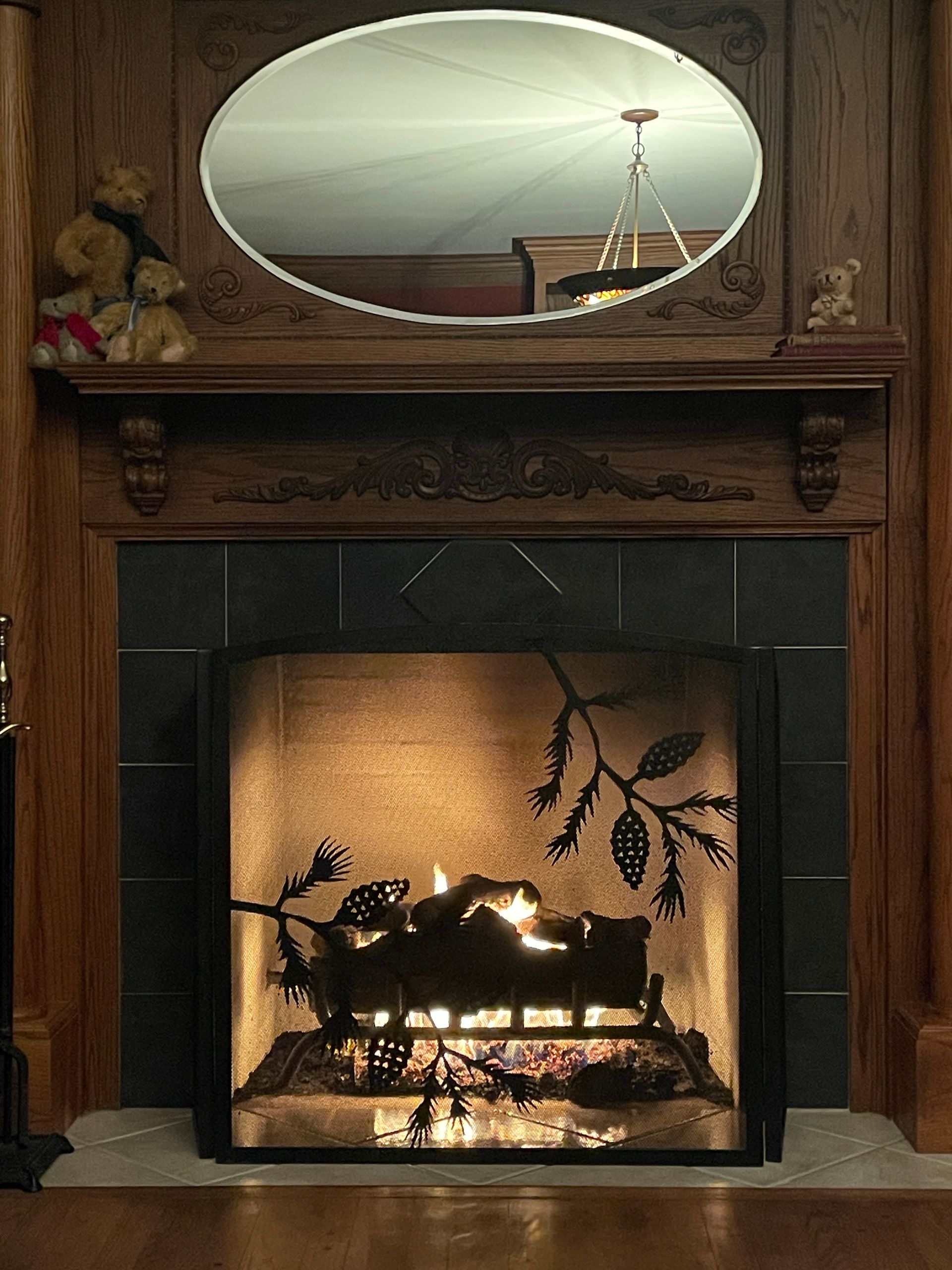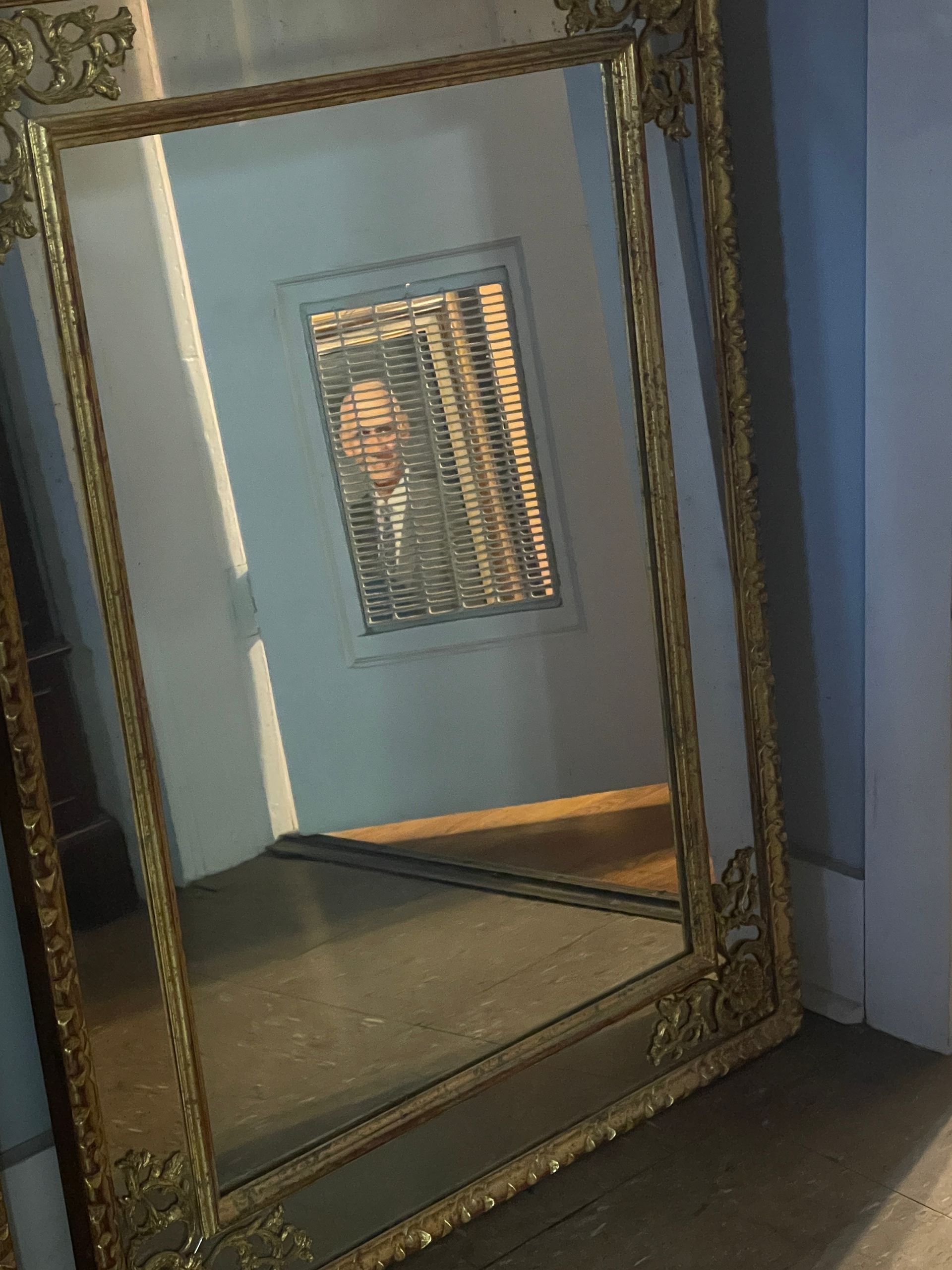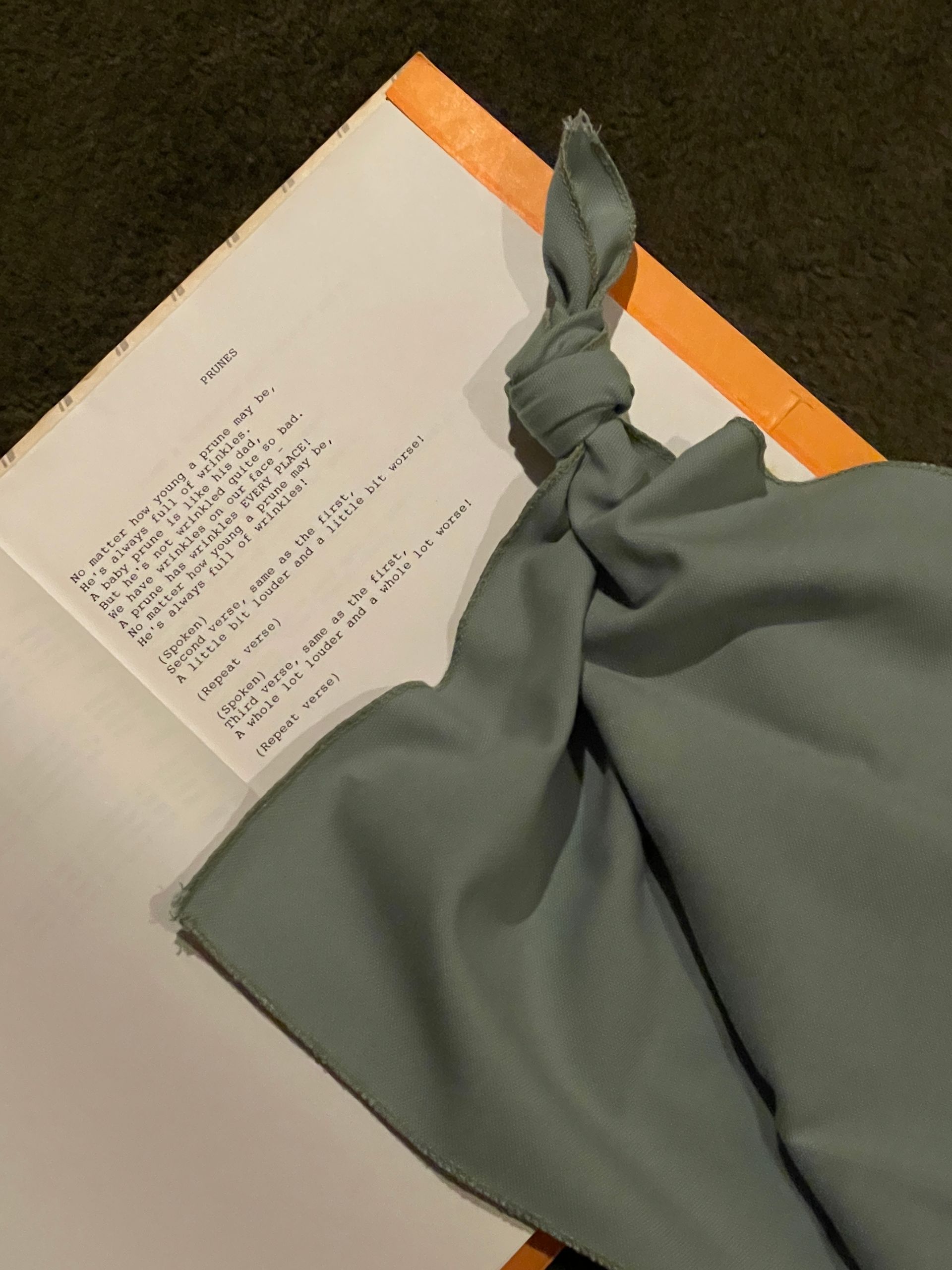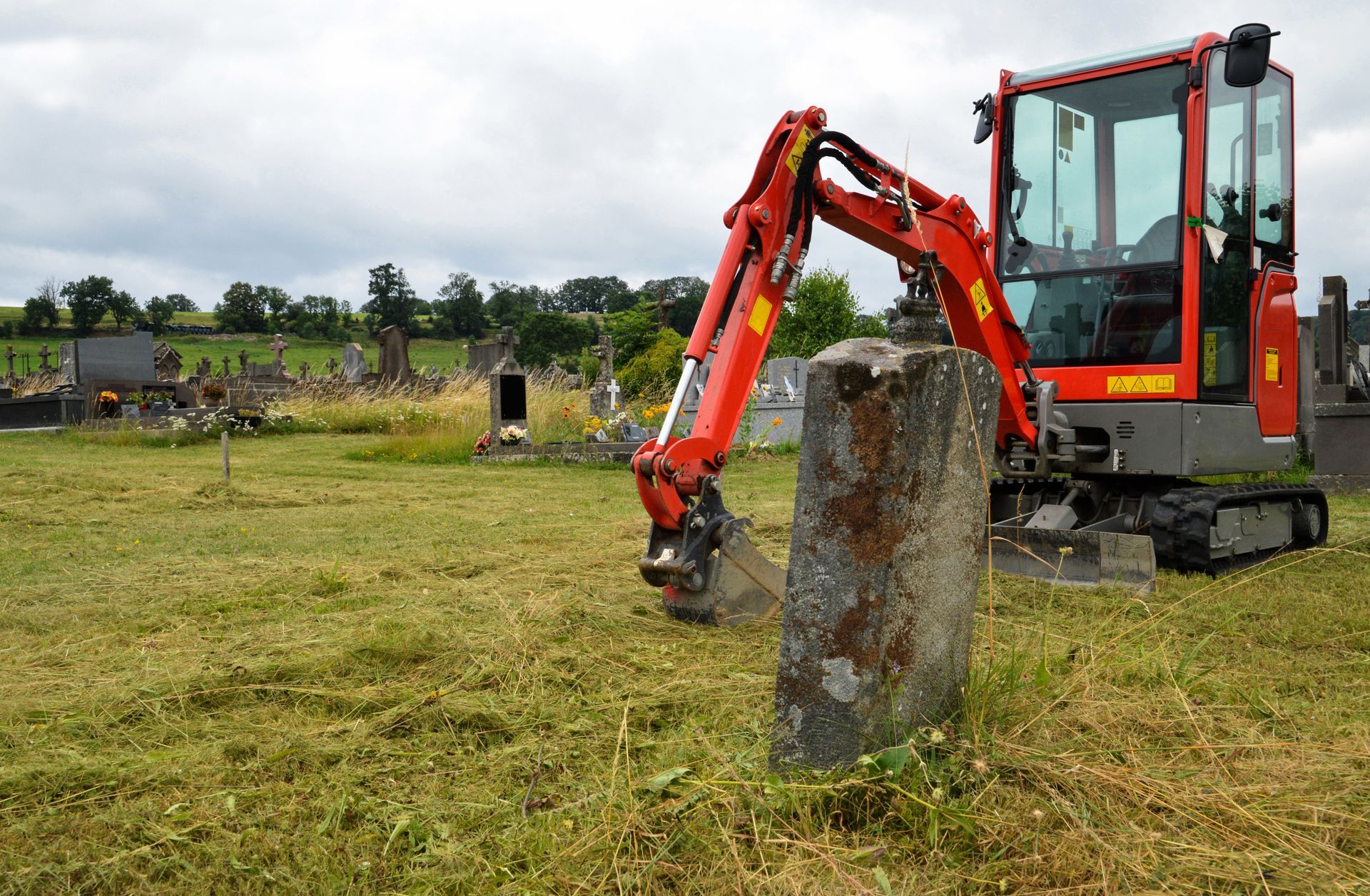Would You Like Fries With That?

Tuesday night we posted a link on our Facebook page to a USA Today article about a funeral home in Memphis, Tennessee and the latest “service” they are offering. The establishment, which is conveniently located in an old bank building, has included in some of their funeral packages the option to have “drive-thru” viewing at no additional charge. The casket is placed in front of a large window made of bullet-proof glass (I’m assuming that’s a holdover from the building’s banking days and not a necessity for the protection of the deceased . . . since they’re already deceased . . .). Visitors are greeted by a funeral home employee with an iPad for signing an electronic guestbook; the cars then pass through a gate that allows access to (and provides traffic control for) the viewing. After a maximum allowable time of three minutes, the visitors are expected to move on, making room for the next vehicle. I should probably note that, according to the article, this viewing is a one hour session that is an addition to the traditional visitation.
I expected a comment or two, given the novelty of the idea in the rural south, and maybe a few shares. Boy, did I underestimate that. At this particular moment, that link has been shared well over 130 times and commented on by 255 folks, many of which I can’t see because of the privacy settings of the person who shared the link. But of the comments I can see, there’s not a positive one in the bunch. The most used adjectives seem to be shameful, disrespectful, and wrong. One person even asked what the poor family was supposed to do, stand in the window and wave as you pass by?
In the midst of all the amazement, a few people hit the nail right smack on top of the head. They noted you aren’t supposed to be coming to see the person who died—one person even commented that the body doesn’t know you’re there—you come for the family.
I’ve said it before and I’ll continue to say it until eternity rolls around or my time runs out. Funerals may be about the dead but they’re for the living. When we view the body it helps us acknowledge the loss. It makes it very real and undeniable, but that’s just a small part of the equation. By walking into that room and speaking to those family members, you’re telling them you cared enough to come. Their grief meant enough to you that you inconvenienced yourself for them. You put on your clothes and you left your house, got in your car and drove however many miles it took to be with them. Believe it or not, that means something. And, believe it or not, it doesn’t just help the family. It helps you, too.
The public visitation and the funeral service are basically two way streets with support traveling in both directions. Often in rural areas such as ours, everybody knows everybody, so almost every death touches innumerable lives. When we personally know the individual who has died, there is grief at the loss even if it doesn’t begin to compare with that of the family or closest friends. By coming together with others who share that same sense of loss, we find comfort for ourselves while offering it to those around us.
I can see one useful application for drive-thru viewing of the dearly departed, and that’s when someone’s health—be it physical, mental, or emotional—will not allow them to attend a traditional visitation but they still have a need to say one last good-bye. In that instance I can not only forgive drive-thru viewing but possibly even condone it. Beyond that, I personally can think of one adjective to describe someone who would take this approach when there are no limitations to overcome—and that adjective would be selfish.
The post Would You Like Fries With That? appeared first on Shackelford Funeral Directors | Blog.
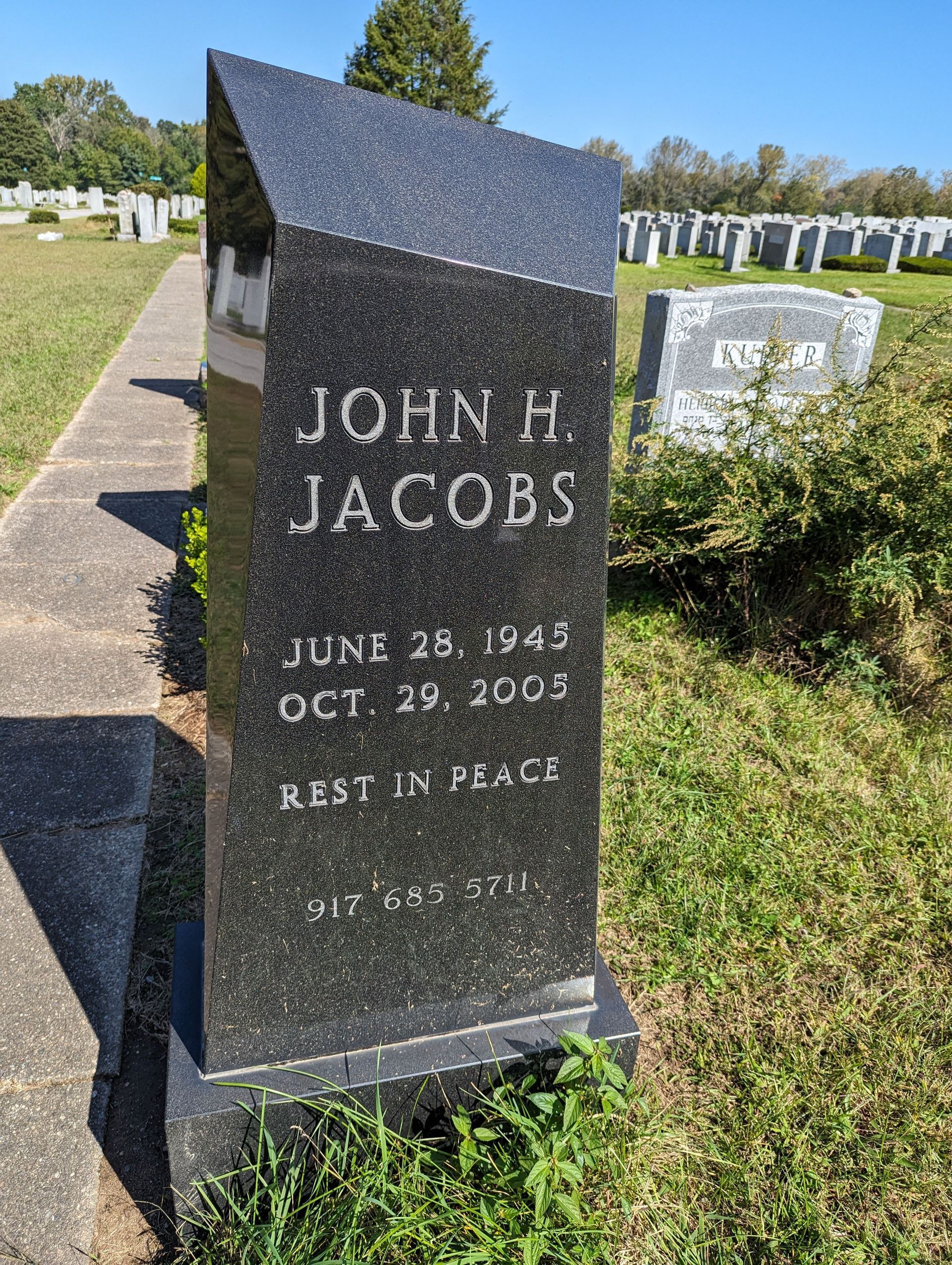
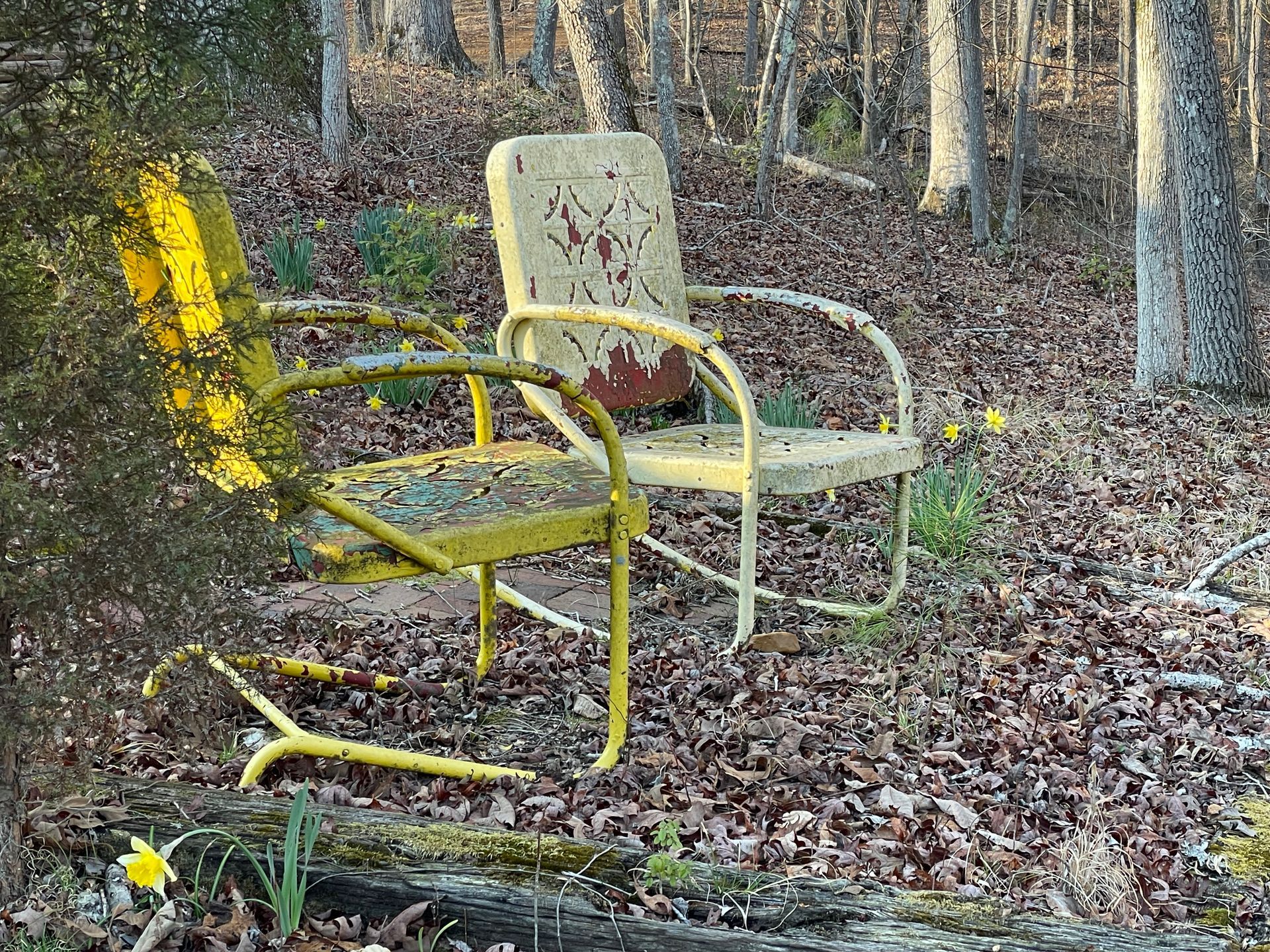
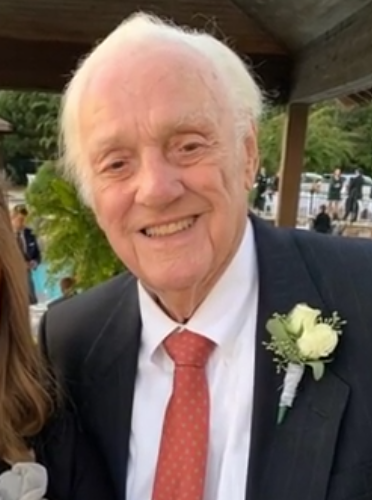
365 Days of Grief Support
Sign up for one year of grief messages designed to offer hope and healing during the difficult first year after a loss
Please wait
Verifying your email address
Please wait
Unsubscribing your email address
You have been unsubscribed
You will no longer receive messages from our email mailing list.
You have been subscribed
Your email address has successfully been added to our mailing list.
Something went wrong
There was an error verifying your email address. Please try again later, or re-subscribe.


